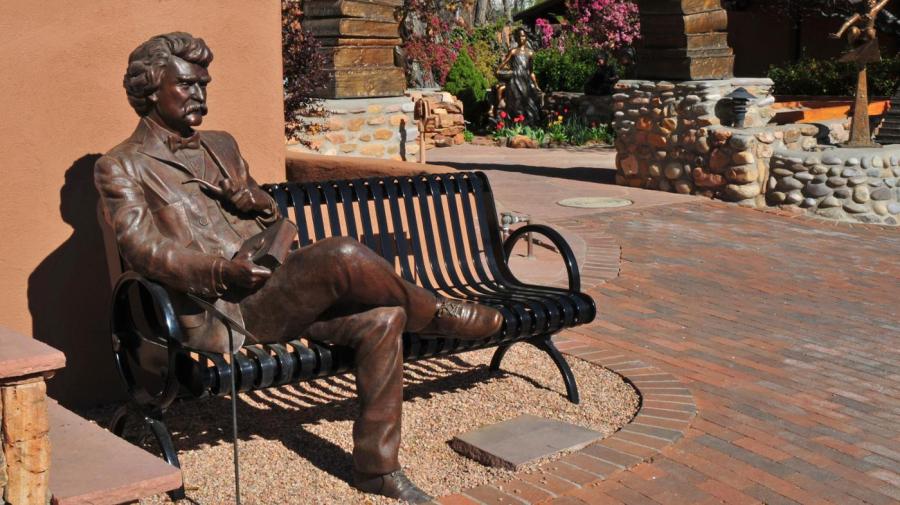Why Did Mark Twain Call It the “Gilded Age”?

Mark Twain used the term “Gilded Age” to describe the late 1800s in America, a time period marked by greed and corruption despite the glittering wealth on the surface. He coined the term in his satirical novel published in 1873 titled, “The Gilded Age: A Tale of Today.”
During this era, the United States changed from a primarily agrarian society of small farmers to a more urban economic force of industrial corporations. A network of railroads, factories and communication systems was developed and the country’s economy grew at a fast pace. Due to the relatively high wages for skilled workers compared to that of Europe, millions of immigrants streamed into the country, yet they continued to live in poverty. Meanwhile, the rich openly celebrated their new wealth in a manner that Twain described as vulgar.
There were political scandals, dishonest corporate leaders and unprincipled land speculators. Two depressions occurred during that time, the Panic of 1873 and the Panic of 1893, which led to shifts in the social and political landscape. Workers formed labor unions to demand fair wages and improved working conditions. Despite the country’s increasing wealth, there was still widespread poverty in the South due to the aftermath of the Civil War and falling farm prices. The era was also marked by reforms, such as women’s suffrage and the Sherman Antitrust Act, that curbed business monopolies.





